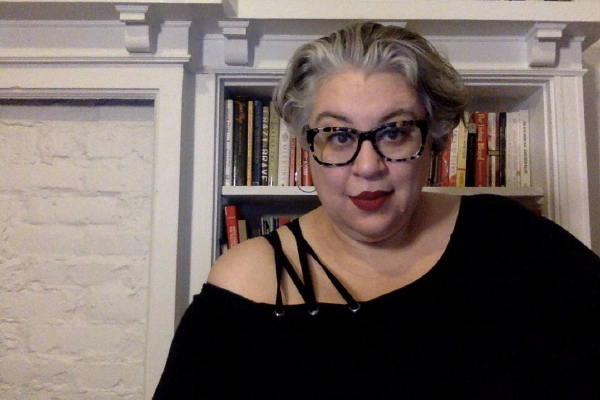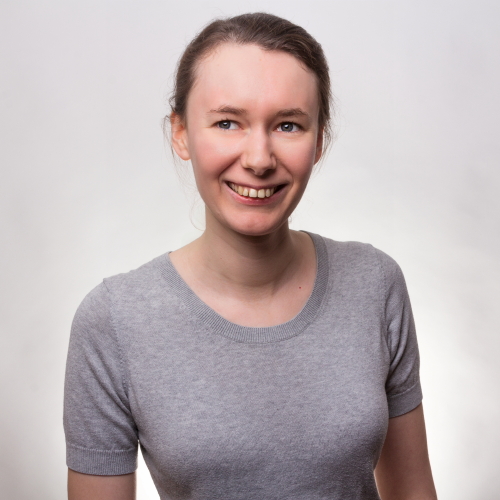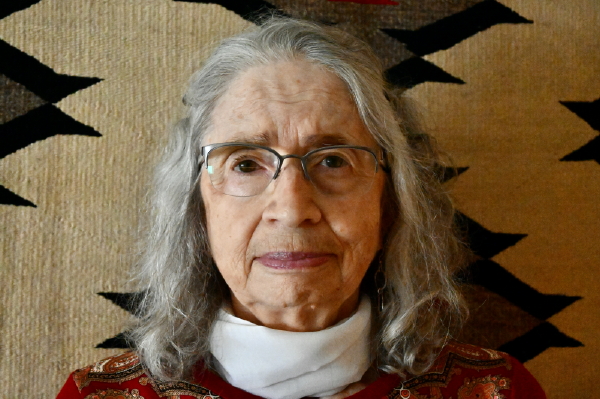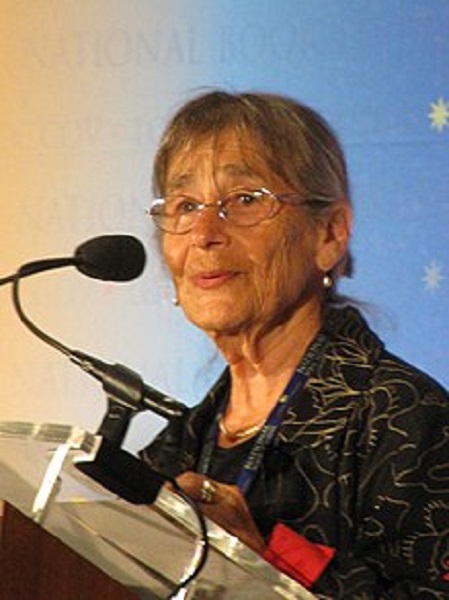
Good morning, everyone. Here we are again, still masked (and perhaps double-masked) and socially-distanced, hands clean as we sit down at our computers. I’m still alive and well, as I hope you are, too.
Our poet today, Tara Betts, a resident of Chicago, Illinois. Her varied background is reflected in the many facets of her career as poet, editor, scholar and teacher. She holds a B.A. in Communication from Loyola University Chicago, and MFA in Creative Writing from New England College and a Ph.D. in English from Binghamton, University in New York State.
A frequent presenter of her own work often in demand as a lecturer at conferences, she has been a featured performer at the Dodge Poetry Festival and has been invited to write the Illinois Bicentennial Poem celebrating the state’s 200th year sponsored by Illinois Humanities.
Already the author of two poetry collections: Break the Habit (Trio House Press, 2016) and Arc and Hue (Willow Books, 2009), she is currently working on a third, Refuse to Disappear, which we eagerly await. She tells us that she tried to keep an overlap between the creative and the scholarly in her writing because she wants it to be accessible to a variety of readers.
A recent pleasant surprise for this reader was the current issue of Poetry magazine, which was edited by Tara Betts and two other guest editors, Joshua Bennett and Sarah Ross. The issue, which includes an excellent introductory essay by Betts, features poems written by people who have experienced incarceration. She herself taught poetry workshops in prisons for a number of years, and this issue has been in process since 2017. It’s an important addition to anyone’s poetry library.
I’m happy now to present three poems by Tara Betts. The first, “Think, Think” is from the December 2020 issue of Poetry Magazine, the second, “Gentle Collisions,” appeared in Poem-a-Day by the Academy of American Poets, and the third, “Go” after Gwendolyn Brooks’ “Old Mary,” is from Tara Betts’ book, Break the Habit.
—Irene Willis
Poetry Editor
Think, Think
Think about the air invisible as it uncurls
a wave of toxins. Think about how its fingertips
trace the skin as a baton falls on the flesh
merely seconds later. Think about how heavy
metals brown the water and we are told to drink.
Think about how many of us wonder when
the roofs over our heads will be tongues evicted
from the languages of home. Think about how every
person needs a doctor, but everyone doesn’t get one.
Think about how savings mean nothing to the crazy
fine print circumscribed like obsolete glyphs. Think
about how law books fall open and hopscotch for anyone
who keeps writing checks. Think, think, think like
Aretha Franklin belting what you tryna do to me?
Think how the law keeps shuffling the numbers to fit
some constant where acknowledging who is human
is posited in some philosophy or some mathematical
equation that pretends that logic is its function, when
blood needs to find something superior, something
that denies how human is defined by a much wider net
cast by some divine fisherman, or perhaps an African
goddess in a gown laced with sea foam, but place markers
for faith are constantly moved toward a crucifix. A human
can find more than one path, I hope. Think about how,
every day, someone is hoping for some simple thing
like fresh bread lightly toasted, the ability to walk without
pain, a chance to shower, a moment free of fist and jeer,
a moment singing victorious as if we could level the wrongs
and leave the world upright, like a gospel-drenched woman
singing freedom, freedom after forgiveness, after you change
your mind, ‘cause you need to think (and act) to be free.
Gentle Collisions
extract longing.
fold its edges
in gold paper
to rest on a scale.
the catapult of one
plate plummets
the other swings
bobs and waits
for a leaf of one’s
want to waft down,
such gently collisions
crush more than steel
crack more than bones
upon slight contact
Go
after Gwendolyn Brooks’ “Old Mary”
If you examine the embers of my
life, they will be burned to the last.
If anything is worth loving, defense
rings its resonant siren. Weaponry is
an option that boldly blacksmiths the
tender, blooming sprout of the present.
I seek methods to fortify a steely tense|
because the heart requires smelting. It
wavers in the hungry yellow tongues, little
strong licks of heat that echo many hurts.
I cannot deny what rocked and kept me,
what once made me feel safe, gone now
–ashes, dust, burned, singed, blown to|
a language that wind and soil must know.
This wild whisper runs inside me, and I
must answer it or the rustling of skin shall
molt what is left, I will never, I will not
allow myself to have half a life, so I must go.




